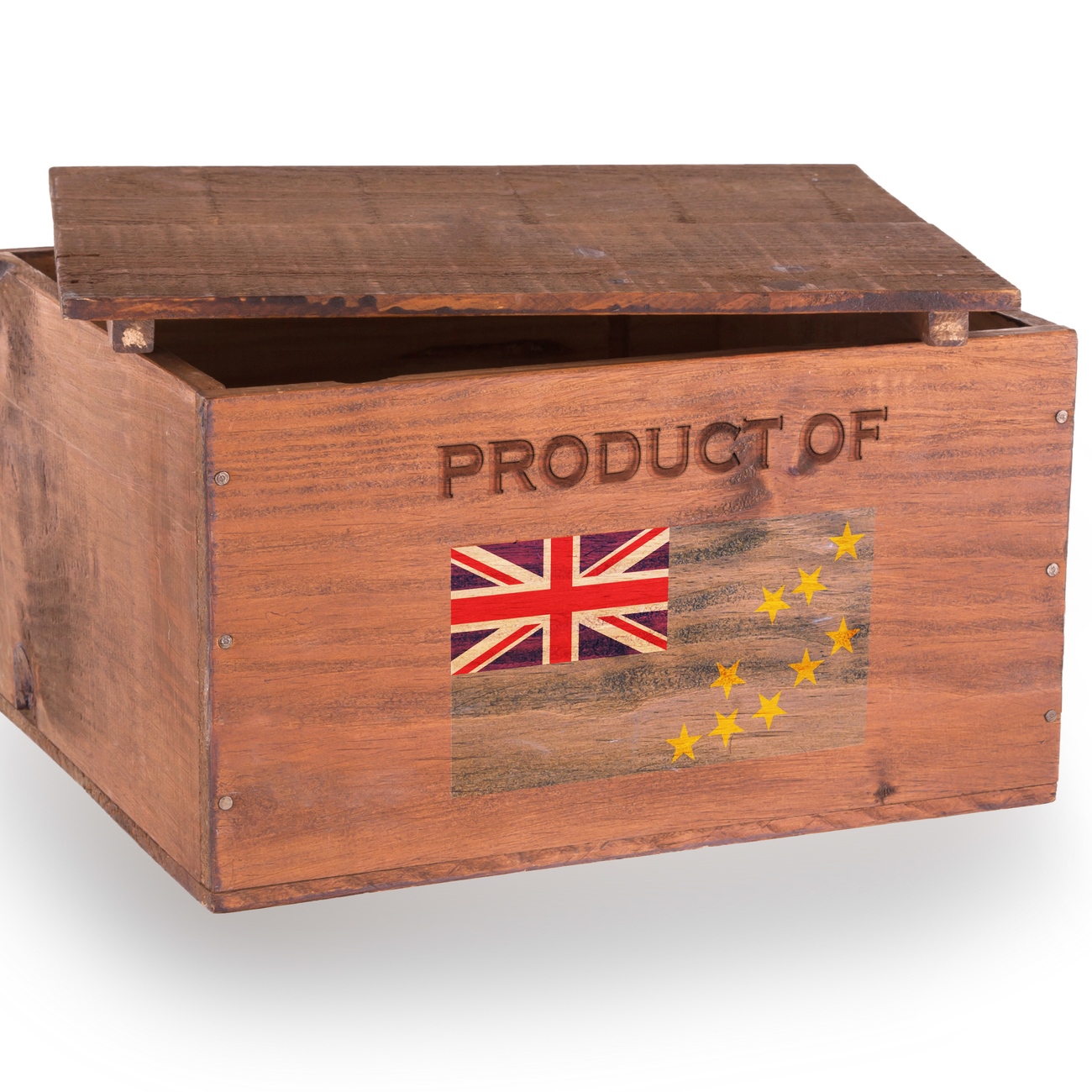Economy
A Look at the World's Smallest Economy by GDP: Tuvalu

Published:
Last Updated:

A ranking of the world’s economies based on gross domestic product (GDP) measured on a nominal basis puts island nation Tuvalu at the bottom of the World Bank and International Monetary Fund (IMF) lists, 188th among 188 nations. Its GDP is listed at $39 million. How does such a tiny economy function?
Tuvalu has a population of just over 10,000, among the reasons it economy is so tiny. The country is made up of seven very small islands. It may be the only nation in the world that is threatened by the weather.
Economic support comes in part from an organization called The Trust Fund, set up by the United Kingdom, Australia and New Zealand in 1987.
The IMF’s evaluation of the tiny nation’s economic prospects:
Tuvalu is one of the smallest and most isolated countries in the world. With a population of some 11,000 people living on 26 square kilometers, Tuvalu is more than 3,000 kilometers away from its nearest major external market (New Zealand). The country faces tremendous challenges stemming from its remoteness, lack of scale economies, weak institutional capacity, and, above all, climate change and rising sea levels, which threaten the country’s very existence.
The IMF also says the people who live in Tuvalu are relatively well off:
Fishing revenues and foreign aid, as well as remittances, have significantly raised living standards—absolute poverty is rare, access to primary education is effectively universal, and per capita income is among the highest in the group of small Pacific island countries.
The IMF warns that the banking system is weak and that the government has failed to implement financial reforms.
The CIA World Factbook described the core of Tuvalu’s economy:
The public sector dominates economic activity. Tuvalu has few natural resources, except for its fisheries. Earnings from fish exports and fishing licenses for Tuvalu’s territorial waters are a significant source of government revenue. In 2013, revenue from fishing licenses doubled and totaled more than 45% of GDP.
The economic system that supports the population works for now, and at least until the nation is swept out to sea due to global warming.
If you’re one of the over 4 Million Americans set to retire this year, you may want to pay attention. Many people have worked their whole lives preparing to retire without ever knowing the answer to the most important question: am I ahead, or behind on my goals?
Don’t make the same mistake. It’s an easy question to answer. A quick conversation with a financial advisor can help you unpack your savings, spending, and goals for your money. With Zoe Financial’s free matching tool, you can connect with trusted financial advisors in minutes.
Why wait? Click here to get started today!
Thank you for reading! Have some feedback for us?
Contact the 24/7 Wall St. editorial team.